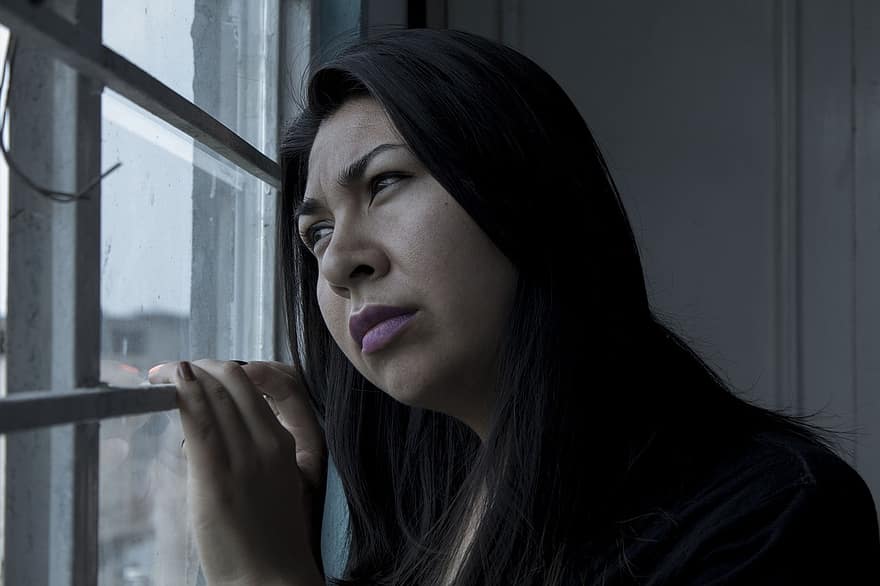Research by the City University of New York and Columbia University has shown that depression in the US is on the rise. Yet, surprisingly, despite increasing depression, people are not seeking treatment or mental help.
According to the study, in 2020, one in ten adults and one in five young adults or teenagers reportedly had depression. The researcher used National Survey on Drug Use and Health data between 2015 and 2020.
Major depression a health crisis in the US
Among the most common mental disorders reported, major depression topped the list and was considered a risk factor for suicidal ideation. However, the depression rates increase in the US is not a new trend considering it grew to 7.3% in 2015 from 6.6% ten years before.
The increasing depression rates show a health crisis escalating in the US before the COVID-19 pandemic. Lead study author Renee Goodwin said that The cumulative impact of these developments points to an intensifying public health concern and shows that parity and PSO initiatives have not led to equity in the treatment of depression.
Regarding 2020, 9% of Americans above 12 years reported having a major depressive episode in the previous year. But, it was determined that teenagers between the ages of 12 and 17 and young adults (aged 18 to 25) had the highest prevalence of the illness. Depression rates in both of these age groups hovered around 17 %.
Depression among Americans is growing, but those seeking help are few
Nonetheless, depression has soared across nearly all gender, racial/ethnic, financial, and educational levels, with teenagers and young adults experiencing the highest growth. Surprisingly, the incidence remained the same among persons over 35. Overall, and probably most crucially, the number of persons seeking aid continued to be low.
Goodwin noted that what is worrying is that the results demonstrated that most teenagers with depression were not receiving any treatment or had not talked to healthcare professionals. In addition, the increase in cases of untreated depression is worrying because untreated depression during childhood can contribute to more mental health problems later in life.


